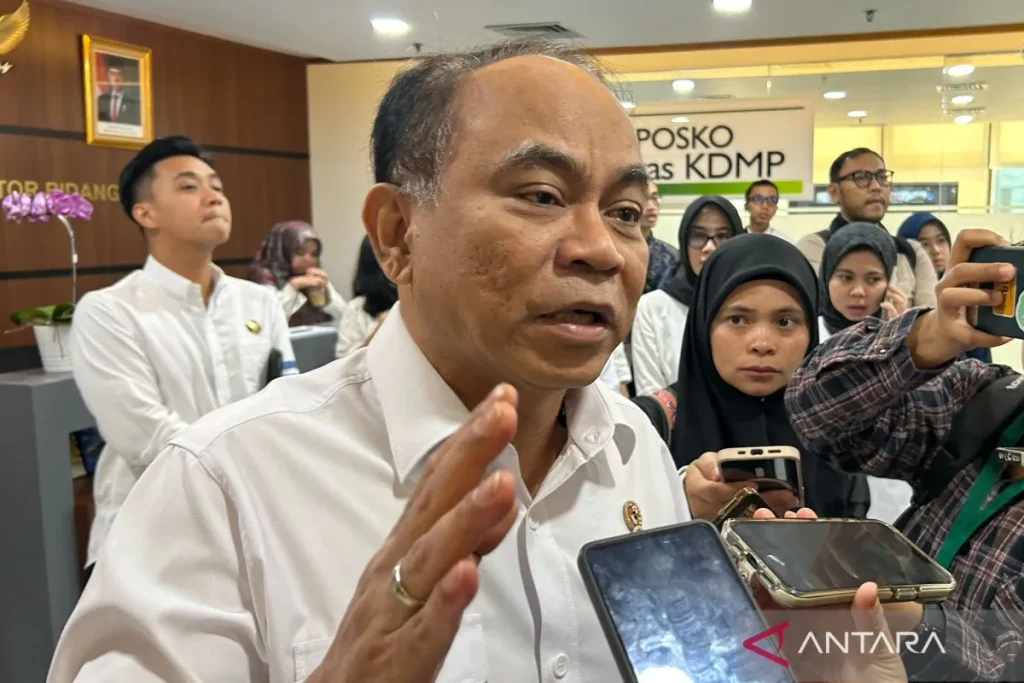Across the rural landscapes of Indonesia, a quiet yet powerful transformation is taking place. Village cooperatives—known locally as Koperasi Unit Desa (KUD)—are embracing the digital world through an innovative online platform called belanja.koperasiunitdesa.id. Traditionally rooted in offline community systems, these cooperatives are now reimagining their future in a digital economy. What began as local, in-person trade among farmers and producers has evolved into a nationwide initiative enabling them to sell directly to consumers using the internet. The change is not just technical; it’s cultural, economic, and deeply impactful for rural development.
For decades, KUDs have played a critical role in Indonesia’s rural economy. They function as collective economic units that support members through shared resources, farming inputs, access to credit, and shared marketing. They embody the spirit of mutual cooperation or “gotong royong,” helping small-scale farmers and artisans survive and thrive. But like many traditional institutions, KUDs have faced increasing challenges in a rapidly digitalizing world. Their local focus, while strong in community, often limited them from reaching broader markets, adapting to changing consumer behavior, or competing with larger retail and agricultural enterprises.
Enter https://belanja.koperasiunitdesa.id/—a platform designed specifically to bridge that gap. Created to empower KUDs by giving them a digital storefront, this online marketplace allows each cooperative to list and sell its products online. Farmers, food producers, and small artisans working under KUDs now have a powerful tool to reach consumers across Indonesia, not just in their immediate regions. It’s an example of how going digital doesn’t mean abandoning tradition; instead, it enhances and protects it by giving it new relevance in the modern era.
The process starts at the cooperative level. A KUD that wants to join the platform receives assistance in setting up a seller account, understanding the platform’s logistics, and creating an online product catalog. Members are trained on basic digital literacy, including how to photograph their goods, describe their items for online listings, monitor sales, and interact with customers through messaging or customer service tools. This is an enormous shift for communities that once relied solely on physical market days and word-of-mouth promotion. The training is simple, practical, and built to empower users at every experience level.
Once listed, products from the cooperative are viewable by any shopper across the country. belanja.koperasiunitdesa.id has been carefully designed to prioritize ease of use. Categories like food and beverages, home goods, personal care, crafts, and farming supplies help buyers easily navigate the growing catalog of local Indonesian products. Each item includes photos, a description, the name of the cooperative, and often a short story about the product’s origin. This humanizes the transaction, allowing buyers to feel connected to the producers and to shop with awareness and purpose.
One of the standout benefits of going digital through this platform is market expansion. Rural sellers who once had limited access to customers are now shipping their products to cities like Jakarta, Bandung, and Surabaya. For many, this is the first time their products are traveling outside their home regions. This visibility brings economic growth and reinvestment. A farmer earning more from direct sales can expand cultivation. An artisan with growing orders can train apprentices and scale production. The impact of digital access reverberates through the entire village economy.
Going digital also encourages innovation. As sellers begin to understand what consumers want, they adapt. Producers may develop better packaging, introduce healthier product variants, or improve branding to reflect their values. These changes help cooperatives compete in a digital marketplace while maintaining their unique cultural identity. The constant feedback loop between buyers and sellers fuels quality improvement and creativity—something that was harder to achieve in traditional, informal market systems.
The platform also supports cooperatives with logistics and payment integration. KUDs often serve as packaging and dispatch hubs, collecting items from individual producers, standardizing presentation, and working with courier services to fulfill orders. belanja.koperasiunitdesa.id has partnerships with delivery services to ensure that products reach customers efficiently—even from remote areas. Payments are made securely through the platform and distributed transparently to producers, reducing the risk of unfair middlemen and ensuring a fair share for the cooperative and its members.
This transformation is not limited to economic gains. By going digital, KUDs strengthen community cohesion and pride. Members learn new skills, see their work appreciated nationally, and find validation for their efforts. It also attracts younger generations back into agriculture and craftsmanship. In many villages, digital fatigue and urban migration have caused young people to seek opportunities in cities. But with a modern, tech-supported cooperative system in place, young people now see the potential to succeed while staying rooted in their communities.
The broader social impact is also significant. As KUDs generate more income through online sales, they reinvest in community development. This includes funding education programs, improving village infrastructure, supporting healthcare initiatives, or creating emergency funds for cooperative members. In this way, the profits made through digital commerce translate into long-term benefits for the entire community—not just individual sellers.
Importantly, belanja.koperasiunitdesa.id ensures that the digital transformation of village cooperatives is inclusive. Not every community has high-speed internet or access to modern smartphones. The platform accounts for this by supporting mobile-friendly interfaces and working with cooperatives to provide offline support, such as order processing via SMS or local agents. Cooperatives serve as digital ambassadors for their members, making sure that no one is left behind due to a lack of resources or education.
Government agencies, NGOs, and even private businesses have taken notice of this digital shift. Many now support the platform with grants, training materials, and promotional partnerships. As the model proves successful, other countries in the region are studying it as a blueprint for rural digitization. It demonstrates how a grassroots, cooperative approach to e-commerce can be both scalable and sustainable.
The shift to digital is often framed as a challenge for traditional systems. But in the case of village cooperatives in Indonesia, it’s proving to be an opportunity. With belanja.koperasiunitdesa.id, KUDs are not just surviving—they are thriving. They are showing that community-owned commerce can go digital without losing its soul. That rural producers can reach national markets without compromising values. And that technology, when placed in the hands of people who work together, can become a force for deep, lasting change.
In the coming years, we can expect this platform to continue evolving. Plans include integrating mobile wallets, expanding product categories, offering real-time inventory tracking, and even building a regional export program. But at its core, the mission will remain the same: to empower village cooperatives with digital tools that let them grow, compete, and prosper in the modern economy. The story of how KUDs are going digital is not just a story of e-commerce—it’s a story of equity, inclusion, and resilience written by communities that have always known how to thrive together.


